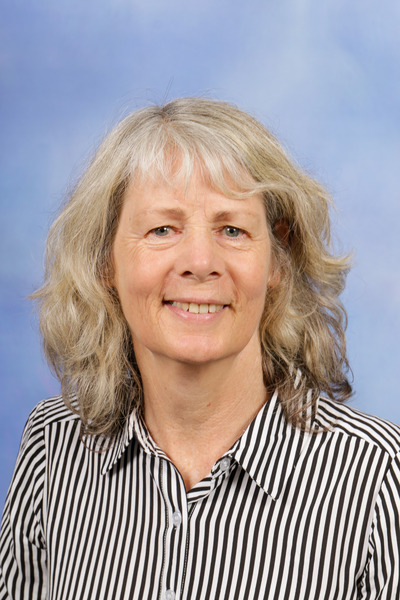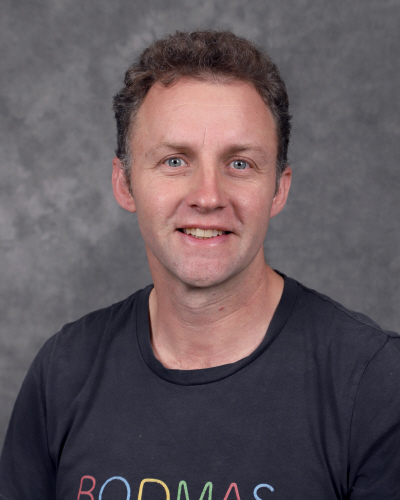Specialist Programs
Newcomb Primary School provides specialist teaching in the areas of:
Art
|
|
Kit Hyland is our talented and inspiring Art teacher and our students are lucky enough to have an Art lesson every Thursday.
The Newcomb Primary School Arts program encourages students to express themselves, to be creative and to use their imagination. Our program develops the appreciation of art and an exploration of well known artists. Students learn about the principals of art and have the opportunities to develop their skills and technique.
The Arts program provides opportunities for painting, printmaking, collage, ceramics, scuplture and textiles.
Our school is regularly involved in art competitions and showcases student work at the Geelong Show. we have an Annual Art Show which also showcases the brilliant work done by the Newcomb Primary Students. |
Physical Education (PE)
 |
At Newcomb Primary School we value a high quality, fun and engaging Physical Education Program. All students at Newcomb Primary School participate in two sessions a week. The P-2 sessions have one session of PE and one session of Perceptual Motor Program (PMP). Years 3-6 students have one session of PE and one session of sport each week. Our Physical Education specialist is Marion Perdrisat.
We believe children need to develop the knowledge and skills to create an active and healthy lifestyle. The curriculum is designed to develop fundamental movement skills and game tactics while increasing fitness levels, as well as the ability to work as part of a team. Students explore a wide range of sports including basketball, netball, AFL, cricket, gymnastics, athletics, volleyball, soccer, tennis, soft ball, lawn bowls and hockey.
There are a number of additional sport experiences at Newcomb PS including:
|
Science Technology Engineering & Mathematics (STEM)
 |
At Newcomb Primary School students participate in a STEM session each week with our specialist Paul Noonan. This subject area incorporates the learning areas of Mathematics, Science, Design and Technologies, Engineering, Digital Technologies, as well as cross-curricular capabilities such as ethical, critical and creative thinking. Our students explore coding and robotics and utilise a range of technology.
Young children experience rapid brain development and acquire skills at a faster rate than at any other time in life. Children have a natural curiosity to explore the world around them. STEM provides opportunities to ask questions and seek answers about the world around them. Building passion for, and developing, STEM skills in the early years can encourage children to feel positive and enthusiastic, leading to interest and achievement in this area later in life.
STEM requires children to:
|
Auslan


